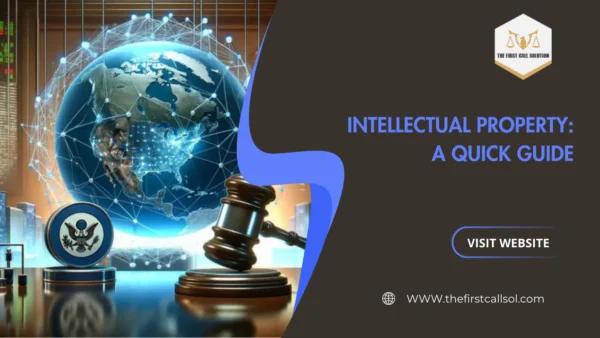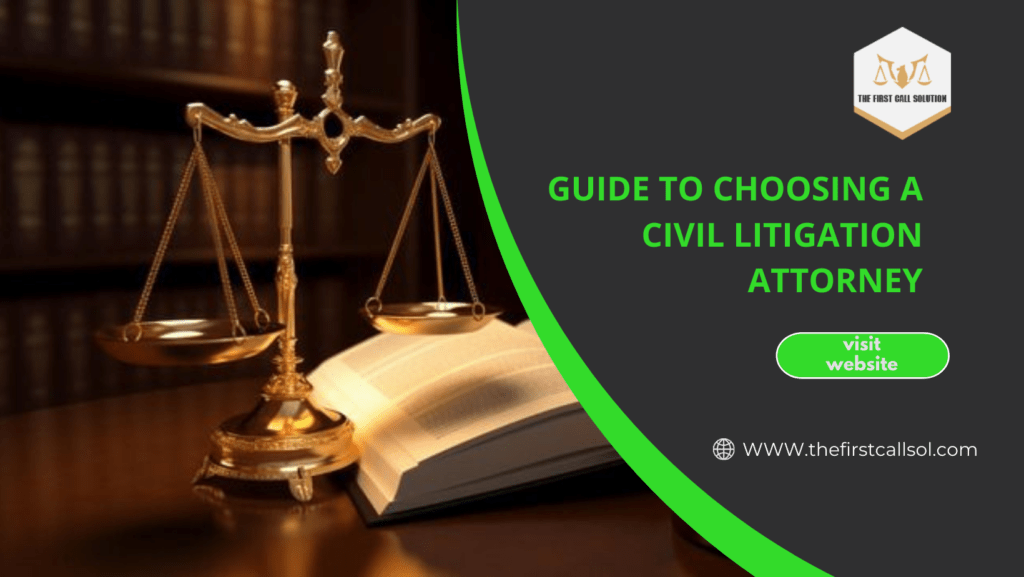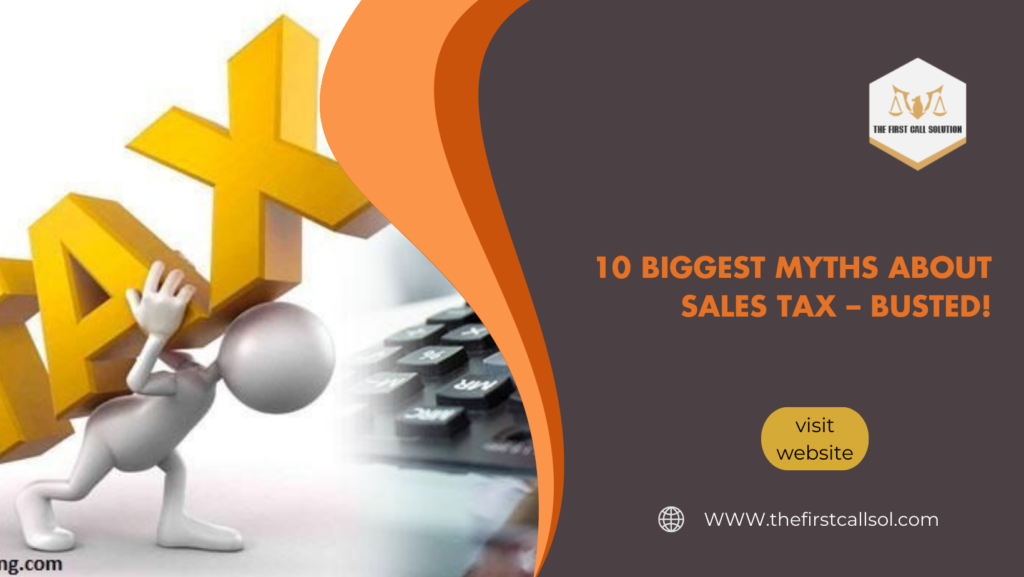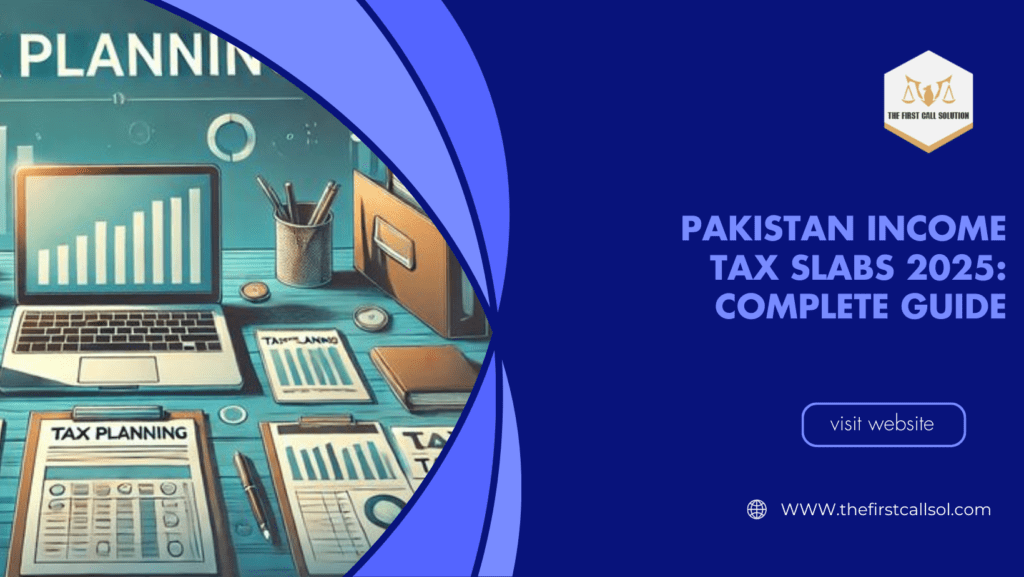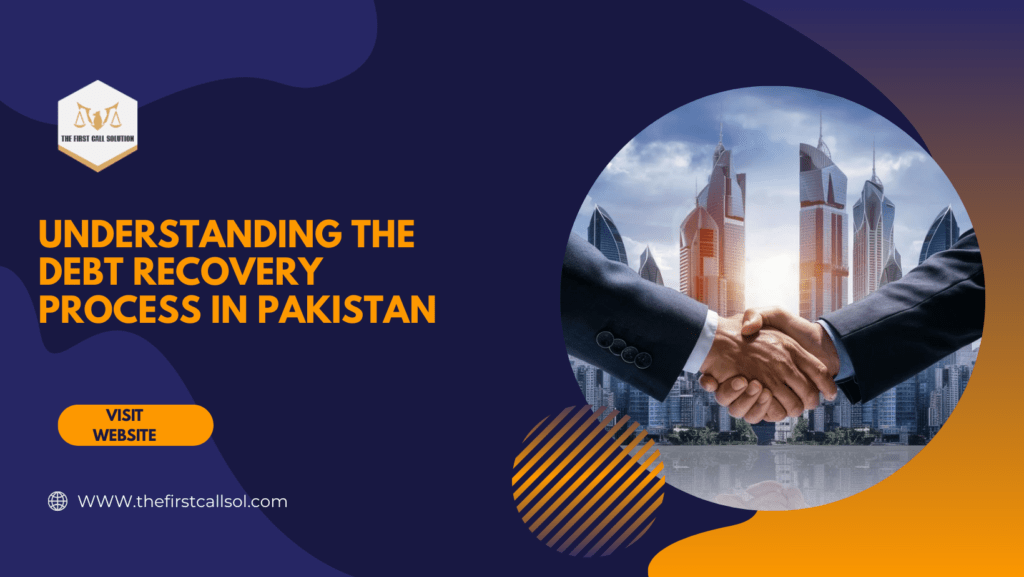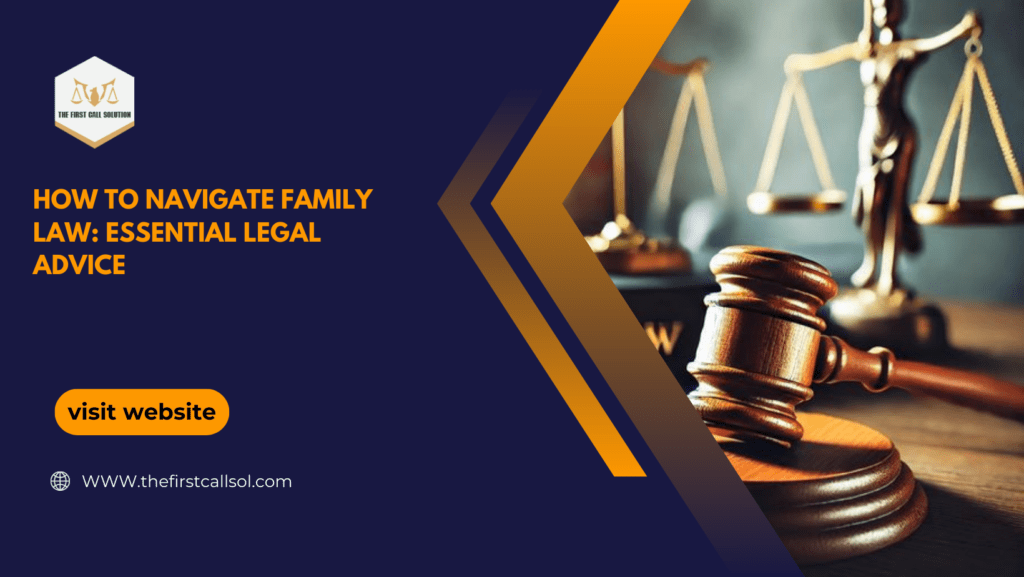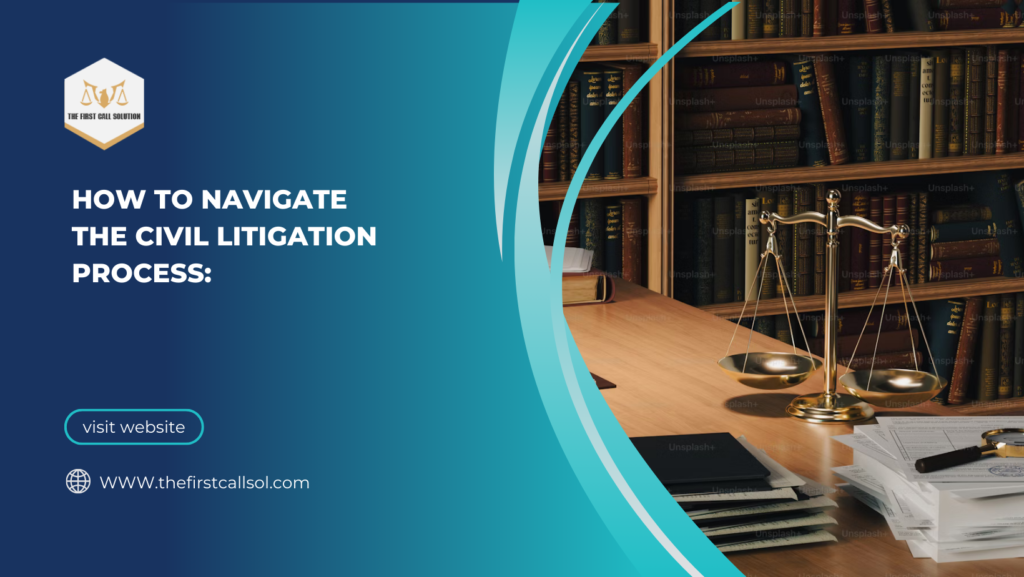Intellectual Property: A Quick Guide
A – Attention:Intellectual Property: A Quick Guide Are you an entrepreneur, artist, or tech startup worried that someone might copy your work or brand? P – Promise: This guide simplifies everything you need to know about intellectual property (IP), including how to protect your ideas, logos, inventions, and creative works in Pakistan. P – Preview: From the types of intellectual property to Pakistan’s legal framework and expert services by thefirstcallsol, you’ll learn how to safeguard your innovations with confidence. What is Intellectual Property? Intellectual Property (IP) refers to creations of the mind that have commercial value and are legally protected. This includes your ideas, inventions, literary works, symbols, designs, and even brand names. Intellectual Property: A Quick Guide These rights give you legal control over your creations and help prevent others from copying or misusing your work without permission. Why Intellectual Property Matters in Pakistan In Pakistan’s growing economy, where startups, digital creators, and SMEs are thriving, protecting intellectual property is more important than ever. Here’s why: Whether you’re a freelancer or a multinational business, securing your IP ensures that your work is respected and your investment is protected. Types of Intellectual Property Pakistan recognizes multiple types of IP. Each type protects a different aspect of your work or business. 1. Copyright Protects original works such as: In Pakistan, copyright is automatic upon creation, but registration is recommended for proof in legal disputes. 2. Trademark Covers symbols, logos, slogans, and brand names. A registered trademark prevents others from using your identity in business. Example: Your company’s logo or product name. 3. Patent Secures exclusive rights to your invention or process for a fixed term (usually 20 years). The invention must be: Common for pharmaceuticals, mechanical devices, or software processes. 4. Industrial Design Covers the visual design of products like packaging, product shapes, or UI/UX layouts. These designs must be new and unique to qualify for protection. 5. Trade Secrets Includes formulas, algorithms, or techniques kept confidential for business advantage. Unlike patents, trade secrets don’t expire but require strong internal protection. IP Laws and Registration in Pakistan The legal framework for IP protection in Pakistan is managed by the Intellectual Property Organization of Pakistan (IPO-Pakistan). Here are some key laws: Pakistan is also a signatory to the TRIPS Agreement under the WTO, which ensures global recognition of local IP rights. Registration Process Overview: Trademark: Patent: Copyright: Although it’s automatic, official registration strengthens your claim. Navigating the legal process can be complex. That’s where legal experts can help. Role of thefirstcallsol in Protecting Your IP thefirstcallsol is one of Pakistan’s leading legal service providers, offering end-to-end solutions for intellectual property protection. Whether you’re registering a trademark or filing a patent, thefirstcallsol helps you: Their team understands the unique needs of startups, artists, and corporate entities across Pakistan. FAQs 1. Do I need a lawyer to register IP in Pakistan? Not legally, but hiring experts like thefirstcallsol helps avoid delays, objections, and costly mistakes. 2. Is my IP protected internationally if registered in Pakistan? No, you need to file separately in each country or use international treaties like the Madrid Protocol or PCT. 3. How long does a trademark last? In Pakistan, a trademark is valid for 10 years and can be renewed indefinitely. 4. Can I copyright my website content? Yes, website content, images, and code are all eligible for copyright protection. 5. What’s the difference between copyright and trademark? Copyright protects creative works, while trademarks protect brand identity like names and logos. Conclusion In today’s knowledge-driven economy, intellectual property is power. It defines your identity, gives you a business edge, and ensures you get full credit for your innovations. Whether you’re a designer, inventor, entrepreneur, or company owner, understanding and protecting your IP is crucial. From registering trademarks to defending copyrights, the process may seem complex—but you’re not alone. thefirstcallsol offers expert legal services that simplify the journey and give your ideas the legal shield they deserve.
Intellectual Property: A Quick Guide Read More »

